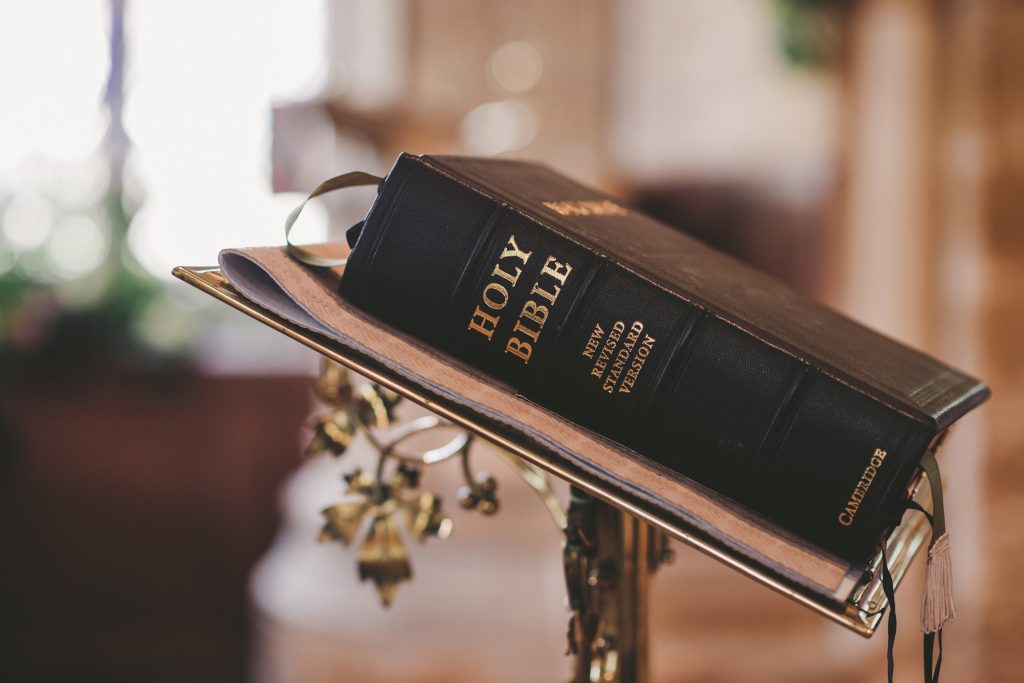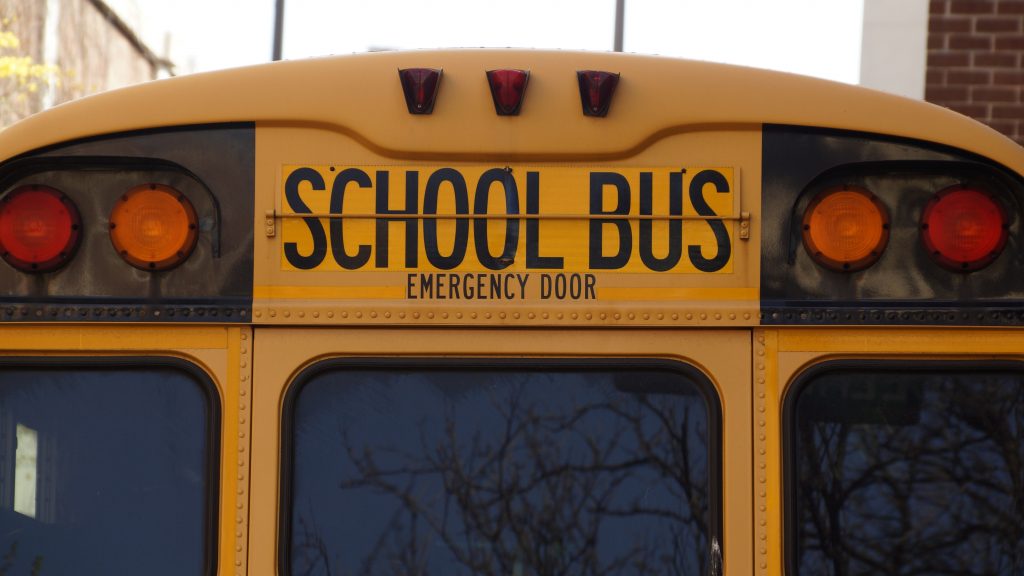I grew up in the suburban Midwest just outside of Kansas City. I went to school, played sports, had friends, and just about any other thing you could imagine a typical American kid doing during their childhood. I learned about people from all over the world and the kind of differences they had compared to me, being anything from their race or religion, to their diet and health. Being raised as a Christian with the usual set of morals and principles, I was taught to respect all people no matter how different they are from me and it became a very normal thing for me to do. Since I have grown up, I have met many people from around the world and their differences are what makes them unique and special. So, imagine my surprise when I learned about a boy named Jimmy, who grew up just a few hours away from me, that was discriminated and harassed for being Catholic.
In my Anchor 214 class, we are learning about Nazi-occupied Europe and the Holocaust. My professors challenged us to find an individual who had experienced hardships due to their differences and see if we can relate the modern story to what the victims of the Holocaust might have felt. This is when I met Jimmy Higgins. Jimmy is a freshman at the University of Missouri-Kansas City, where he is majoring in jazz performance. He grew up in Wichita, Kansas and went to a Catholic grade and middle school. During high school, he transferred to a public school for an opportunity at the music program. This is where his trouble began.

Photo by Ashley Elena from Pexels
Jimmy is from a humble mid-western family, he is the oldest of a large family, and the only child to attend public high school. At the beginning of our interview, Jimmy talks about the differences between Catholic and public school, which as someone who attended public schooling my entire life, sounded different and surprising (5:16). Jimmy says, “We had uniforms so there was, in that regard there was sort of equalization of people.” This really painted a picture for me about the kind of environment that he was in. I experienced the same uniformity in the military and blended in with everybody else, making it hard to actually determine anything about me personally without talking to me, which also allows for a less judgmental environment due to people all looking the same (12:25). Hearing about this made me think of my childhood experience in school and how everybody had their own clothes and style, making it very easy to pick out different economic and social classes based on the quality of people’s dress.
Jimmy mentions that it was a very new concept to him that the way someone dresses is not a good indicator of who they are as a person. His experience during his first year of high school really opened his eyes to how people interact outside of his normal catholic environment (10:00). As he begins his assimilation into his new school Jimmy talks about the stereotype of Catholic guilt and how he felt about himself as he was changing. He says, “…as most people are familiar with there’s that Catholic guilt, you know. Um, so I won’t say I’m more cognoscente of my decisions but, I am definitely, the morals and values I grew up with were shaped by the Catholic church.” (15:30) As someone who has experienced guilt, as almost every person, this gave me a different perspective, and the best scenario I could imagine would be feeling guilty for just being my normal everyday self and I can help but feel how anxiety-inducing it could feel.
During Jimmy’s first year in his new school, he talks about how he, “…was in IB as a freshman, International Baccalaureate…”, and on a good track for his musical career and education which he states by saying, “I didn’t feel comfortable being there, it was the right place to be academically and musically, but it was very hard to make friends.” (25:47) The school had many performances and field trips to different locations and cities to play music. Jimmy says, “I had a fellow student who was very outspoken and constantly attacked me and bullied me for my beliefs. He kept bringing up the sex scandals of the Catholic church. That was, that was the really tough cause I was accused of allowing child molesters and attacked constantly.” He talks about how he was ostracized from a group of people that were just like him, the only difference was his religion. I have never had to experience anything like this and it was really shocking to me that someone who is Catholic that grew up in an upper-middle-class area did. Nonetheless, Jimmy went on to explain that it took a while for his fellow classmates to realize that he didn’t actually fit a normal Catholic stereotype and that he was just a normal person like them.
During my time in Anchor 214, we have read and watched many stories that tell of the persecution and treatment of the Jews during WWII. Maus by Art Spiegelman, The Butcher’s Tale by Helmut Smith – these are just a couple of examples that illustrate what it was like to have a difference that was hated by a mass group of people. The punishment and torture that they received for their religion is unimaginable, and for most people unfathomable, and seeing that there are still cases of this same type of discrimination and persecution of people who are different has really opened my eyes to the people around me every day. Jimmy’s story is just a very small example of what goes on in the modern world. People are still treated differently, and sometimes violently, just for being a different skin color, having a different religion, or even just having a different sexual preference, things that carry absolutely zero weight or consequence in any other person’s life.

Photo by Kai Pilger from Pexels, All rights reserved.
This interview has really made me sit down and look at my life from a different perspective. It has made me question a lot of circumstances and situations that I have been in and made me wonder if things have happened for a reason or did I just get lucky. There are so many things in our lives and in the world that we have zero control of. What race we are born into, who our parents are, where we live, nobody gets to pick these and we all just have to do our best to survive and live our lives. I think that in our modern society that this is a very crucial viewpoint that a lot of people tend to overlook and don’t give much thought. It is my belief that humans are inherently tribal and tend to have an “us vs. them” mentality, leading to segregation and prejudice towards people that are just trying to live their lives, just like us every day. We feel threatened by outsiders in fear that they will change our lives and try to manipulate our beliefs or culture. I hope that in time we can see who we are objectively and learn that this resentment and violence that we harbor for each other is not only harmful but primitive and childish and that we can move past it once and for all.



